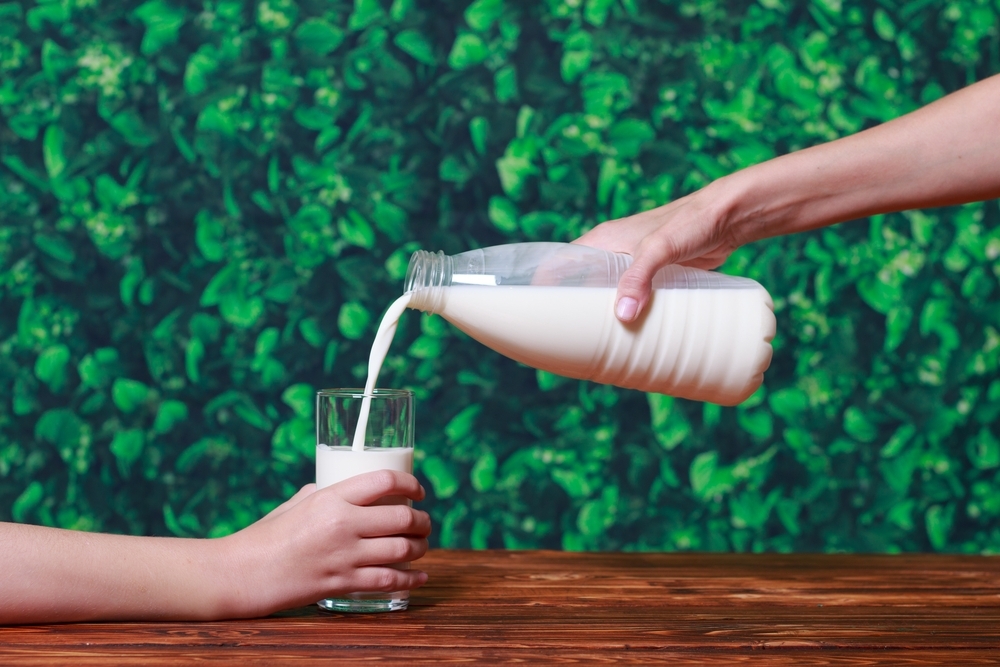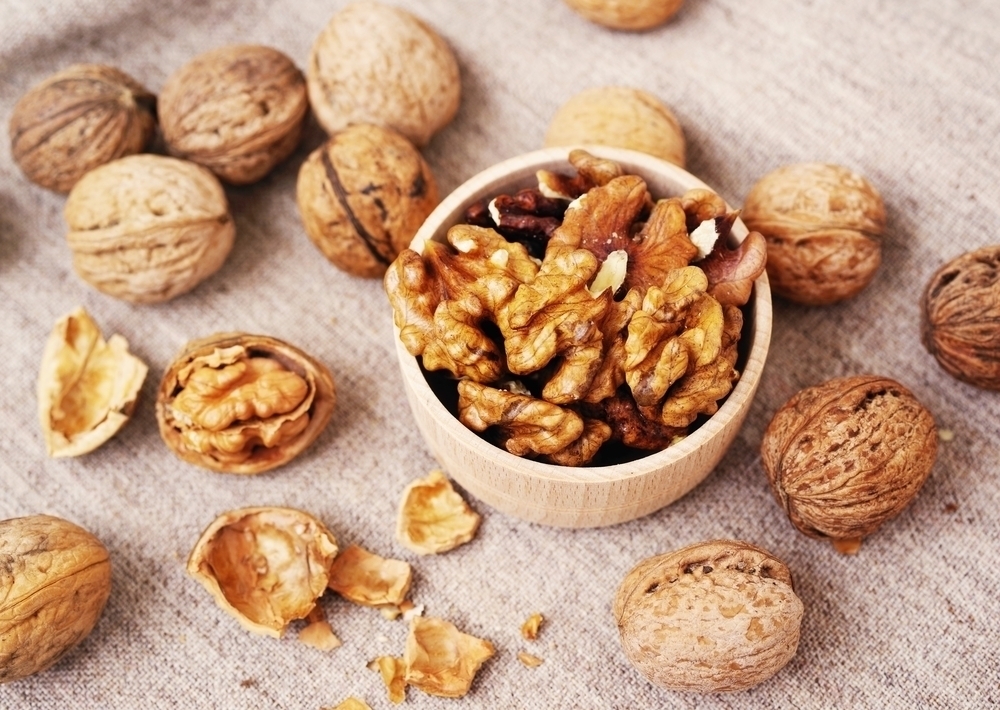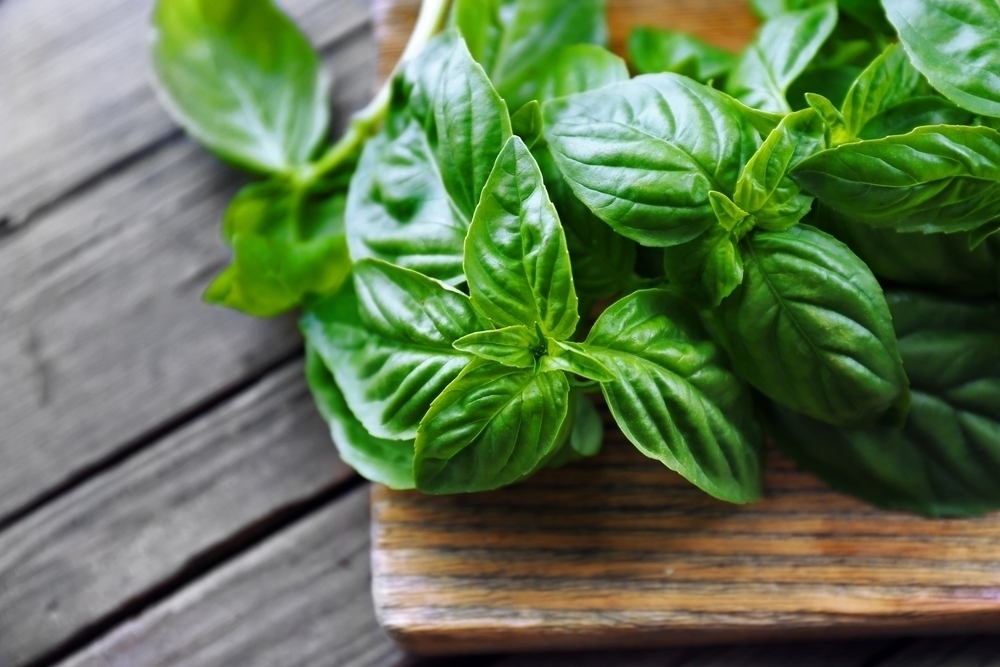Pourquoi La Vache Qui Rit fit? Why is the Laughing Cow laughing: the question long asked by the French to explain the jovial expression of the earring -wearing cow on the Laughing Cow cheese wedges that bear her name. Perhaps she was laughing at all the unknowing lactose intolerant people who were-were suffering digestive problems from eating her product. Well, it seems like the laugh may finally be on the Laughing Cow herself. With the increasing awareness of lactose intolerance, alternatives to cows milk are becoming more widely available and popular, with even the lactose tolerant making the switch, in many cases. Has the Laughing Cow laughed her last laugh? Let’s take a look at some of the competition.
Dairy Milk
Is this the reason the cow is laughing? Maybe not. Many of us grew up on plain old milk from the cows and didn’t seem to fare too badly. Cow’s milk has a respectable 8g of protein in one cup, which is still more than any nondairy option. Nonfat or low fat is a good choice for those who drink more than one cup of dairy milk a day to keep saturated fat intake to a minimum.
Soy Milk
When it comes to subbing for dairy milk, soy milk is a pretty healthy choice. With 45% DV of calcium and 6 g of protein per cup, the soybean and water concoction make for a slightly thicker consistency than cow’s milk, which lends itself well to smoothies and coffee. It can be used in place of milk in most recipes cup for cup.
Rice Milk
When put side by side with dairy and soy milk, rice milk, pales in comparison.The brown rice mixture offering up only 2% DV calcium and one gram of protein, falls short of the competition in nutrient content, and many find its texture too watery to work in recipes which use milk as a thickener.
Almond Milk
A fan favorite, almond milk, made with ground almonds and water, can be found in a variety of flavors and options, including chocolate, vanilla, original, and unsweetened. It’s a lower calorie alternative to skim milk, save for the chocolate flavor and has a higher mineral content than dairy milk. However, if its protein you seek, you may not find what you’re looking for in almond milk. With only 1 gram of protein, almond milk’s protein content is decidedly on the low side. If protein is your concern, check out soy milk with added protein, or supplement with other high protein choices.
Coconut Milk
Coconut milk is the latest item to hit the superfood charts, taking the health food world by storm. Although it is slightly higher in fat than other milk, the calorie count is a reasonably low 80 per serving, and it beats out cow’s milk in both protein and calcium content. However, if you are not a fan of the coconut flavor, you may want to leave this one off the shopping list; the coconut taste is hard to miss, If you want the experience with less emphasis on the coconut flavor, try an almond coconut blend, which will give you a more subtle hint of coconut with the 45% CV calcium of almond milk.
What is your choice when it comes to milk, and more importantly, why do you think the Laughing Cow is laughing? Let us know!









